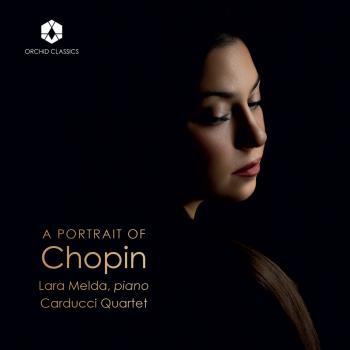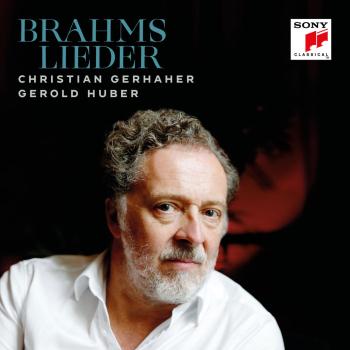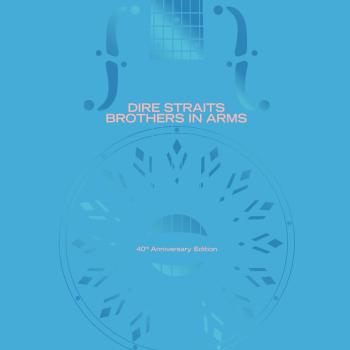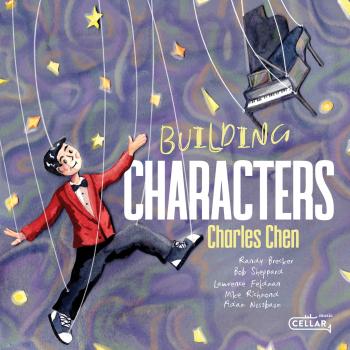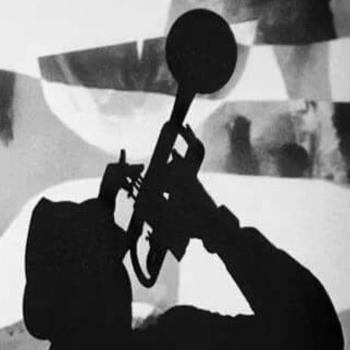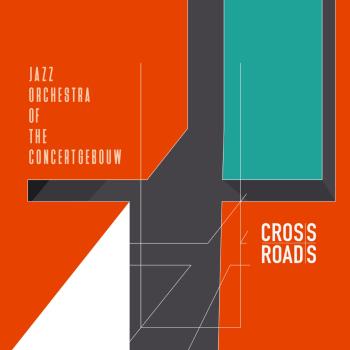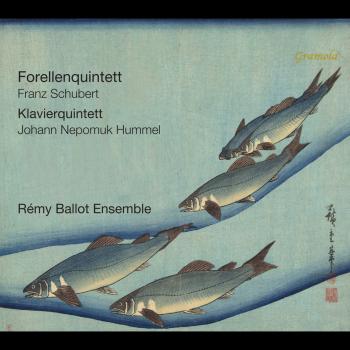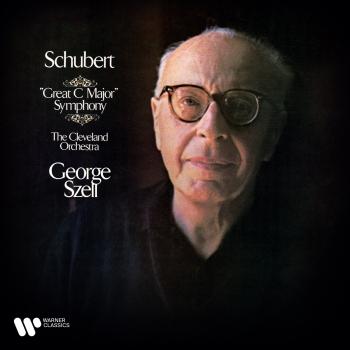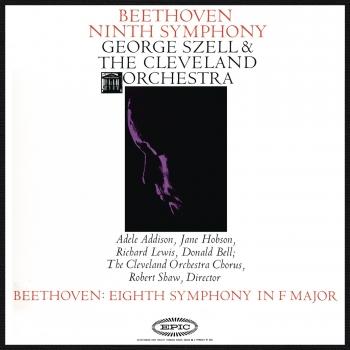Cleveland Orchestra & George Szell
Biographie Cleveland Orchestra & George Szell
George Szell
Szell’s music-loving family moved to Vienna in 1900, where four years later, already showing signs of exceptional musical gifts, he became a piano student of Richard Robert. In addition he studied composition and music theory with Foerster, Mandyczewski and Reger. Szell made his debut as both a pianist and a composer with the Vienna Tonkünstler Orchestra in 1908, and then, hailed as ‘the new Mozart’, he undertook a tour of Europe during the 1909–1910 concert season which included a visit to London. He signed a ten-year contract with the Viennese music publishing company Universal Edition in 1912, and in the same year gave the first performance of his Piano Quartet Op. 1, with the Rosé Quartet. His (unplanned) debut as a conductor came during the following year while staying with his family at the resort of Bad Kissingen, when the regular conductor of the spa’s summer concerts injured his arm.
This was followed in 1914 by a successful debut with the Blüthner Orchestra in Berlin as composer, conductor, and pianist. Between 1915 and 1917 Szell worked as a répétiteur at the Court Opera in Berlin, where he came into close contact with Richard Strauss, who recommended him to Pfitzner as the replacement for Klemperer as first conductor at Strasbourg (1917–1918). From 1919 to 1921 he was an assistant conductor at the German Opera House in Prague, before moving successively to conducting positions at Darmstadt (1921–1922) and Düsseldorf (1922–1924). Szell was then appointed first conductor at the Berlin State Opera under Erich Kleiber, remaining there for five years before returning to Prague to take up the position of chief conductor at the German Opera House, conducting in addition the Czech Philharmonic Orchestra. He made his American debut with the St Louis Symphony Orchestra in 1930, and he also appeared as a guest conductor with the Courtauld-Sargent concerts in London and with the Concertgebouw Orchestra in Amsterdam.
As the political situation in Central Europe deteriorated, Szell left Prague in 1937 to become conductor of the Scottish Orchestra for two seasons while also serving as guest conductor of The Hague Residentie Orchestra. During the summer months of 1938 and 1939, he also conducted the orchestras of the Australian Broadcasting Corporation before moving to the USA where he settled permanently, arriving in New York during August 1939 by way of Vancouver. During the following year he taught at the Mannes School and the New School for Social Research before resuming his conducting career during the 1940–1941 season with concerts with the Los Angeles Philharmonic Orchestra, with the Detroit and NBC Symphony Orchestras and at the Ravinia and Robin Hood Dell Festivals. He made his debut at the Metropolitan Opera, New York, in 1942 conducting Richard Strauss’s Salome, and he returned regularly as a guest conductor until 1954, while also appearing with the Boston Symphony, New York Philharmonic and Philadelphia Orchestras.
During the 1944–1945 and 1945–1946 seasons Szell appeared as guest conductor with the Cleveland Orchestra before being invited to become its chief conductor from the 1946–1947 season, having taken American citizenship in 1946. He remained at the head of the Cleveland Orchestra for the rest of his life, transforming it into one of the finest symphony orchestras in the world. During the summer months he would return regularly to Europe to appear with major orchestras at festivals such as those in Holland, Lucerne, and Salzburg, and to record. He died in 1970 following an exhausting tour of the American West Coast and the Far East with the Cleveland Orchestra.
Szell was a ruthless orchestral disciplinarian, the results of which may be heard in his numerous recordings with the Cleveland Orchestra, virtually all of which were made for the American Columbia label. His desire for musical and technical perfection was so great that occasionally he would over-rehearse a work, and members of the Cleveland Orchestra would claim that the best performances which it gave were often those at the start of a rehearsal period. Szell was equally adept at interpreting a very wide repertoire. His Haydn, Mozart and Beethoven were tightly controlled but vigorous; his Mozart concerto recordings with his close friend and fellow Richard Robert pupil, Rudolf Serkin, remain outstanding. In the repertoire of the nineteenth century Szell was pre-eminent: powerful in Wagner and highly empathetic in Brahms, Schumann and Dvořák, to name just three composers from this period. He was in addition a staunch advocate of contemporary composers, leading the first performances at Cleveland and Salzburg of works by composers such as Dutilleux, Egk, Hindemith, Liebermann and Walton. Among the relatively few live recordings of Szell in concert that have been published, those from the Cleveland Orchestra’s legendary European tour of 1967, when it visited the Edinburgh, Lucerne and Salzburg Festivals, are especially outstanding, conveying unparalleled virtuosity, control and musical insight. Several of these performances have been published on the Swiss labels Ermitage and Aura.

